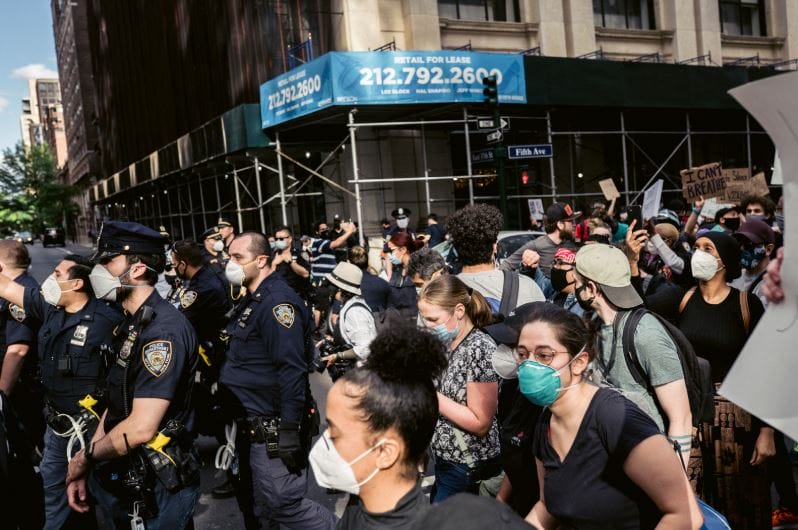
Across the United States, more people have come to understand that police officer do not always act objectively. The prevalence of discrimination in law enforcement has always been dangerously high, yet, more people have recently become aware of what constitutes such an offense and are therefore better able to recognize when it happens to them.
You may be one of the many people who are now empowered to recognize when you are being discriminated against, even by law enforcement authorities. Prior to filing your claim, you may be asking yourself what is considered police discrimination? Although it will be challenging, it is within your rights to take legal action against this treatment.
Defining Police Discrimination
Before you initiate your claim, you must first verify that you have a functional understanding of what it means to be discriminated against by the police. Police discrimination is defined as any instance in which a police officer acted outside of probable cause and reasonable suspicion. For example, it is the officer’s job to recognize signs of criminal activity and stop it before it threatens public safety.
Once they have decided to take action based on reasonable suspicion, the officer can hold the suspect for questioning, but no longer than is necessary. During this time, the officer is expected to use the least intrusive methods possible to recover the evidence and information needed to either resolve a case or find the detained individual innocent of the suspected crime. When they are found innocent, the detained person can be released.
The problem here is that many people who are detained by police officers are taken with no probable cause for arrest. Instead, officers have been known to profile civilians based on personal prejudices and use this as a basis for detainment or harassment. If you have been the victim of a wrongful arrest or other forms of discrimination by police officers, it is within your rights to file a claim against the liable party.
Filing a Claim for Police Discrimination
As you prepare to file a claim against the law enforcement officer that discriminated against you, you must attain an understanding of the laws that protect you in these circumstances. The legislation that addresses police misconduct is present on both federal and local levels, covering the actions of all officers from state to municipal governments. Additionally, they apply to you whether you are a U.S. citizen or not.
The primary laws to be aware of when filing your claim are as follows:
Police Misconduct Provision: This prohibits state and local law enforcement officers from engaging in patterns of misconduct that violate the rights of civilians protected by the Constitution.
Office of Justice Programs (OJP) Program Statute and Title VI of the Civil Rights Act of 1964: Together, these laws prohibit the use of racial slurs and general discriminatory behavior toward individuals based on race, ethnicity, s-e-x, or religion.
Section 504 of the Rehabilitation Act of 1973 and Title II of the Americans with Disabilities Act (ADA) of 1990: These laws work together to prohibit law enforcement officers from discriminating against people with disabilities.
If your rights have been violated against any of the laws described here, you have the right to file a claim against the offending officer. Get in touch with a lawyer to determine the appropriate methods of proceeding with your legal case.






